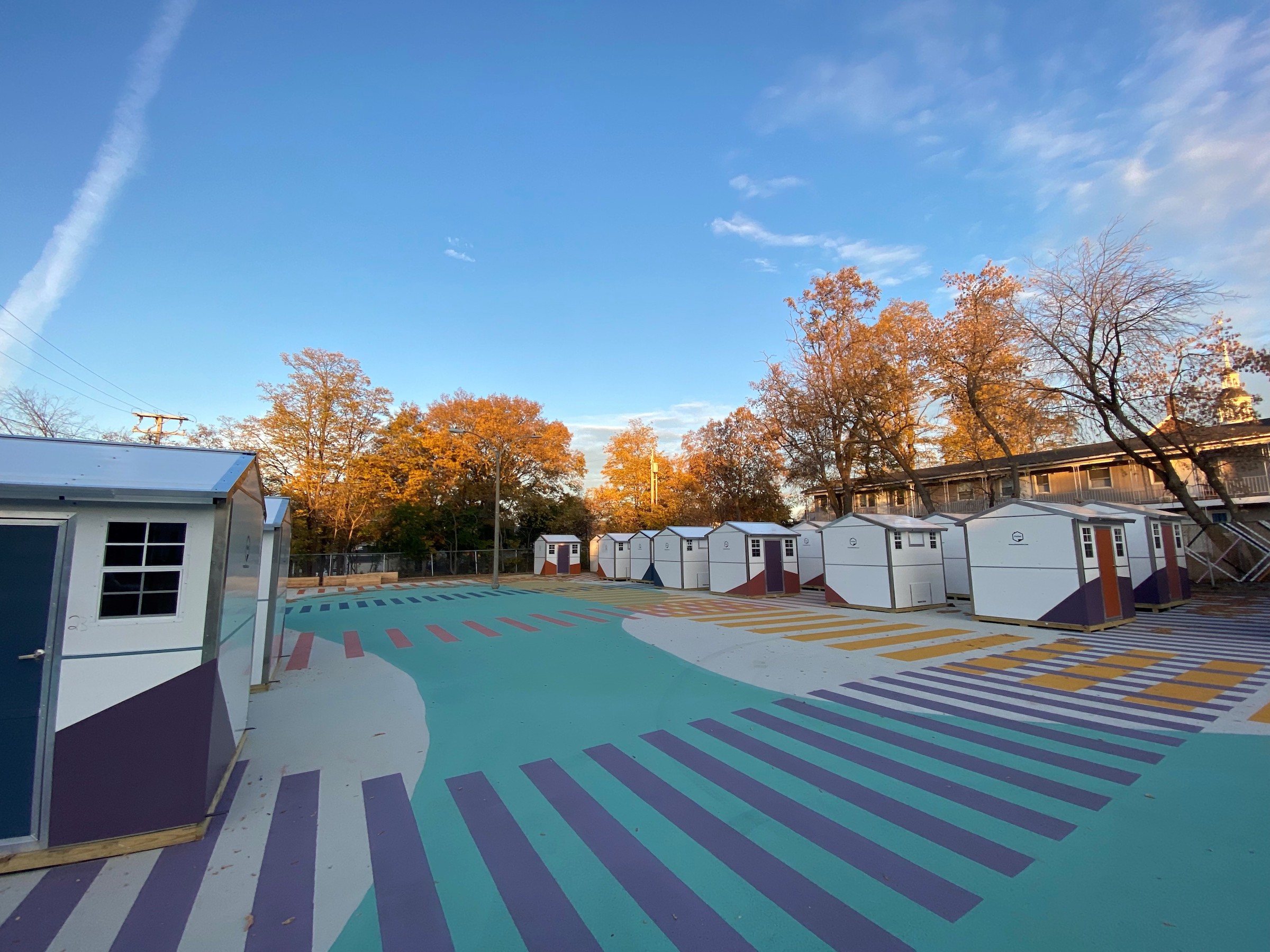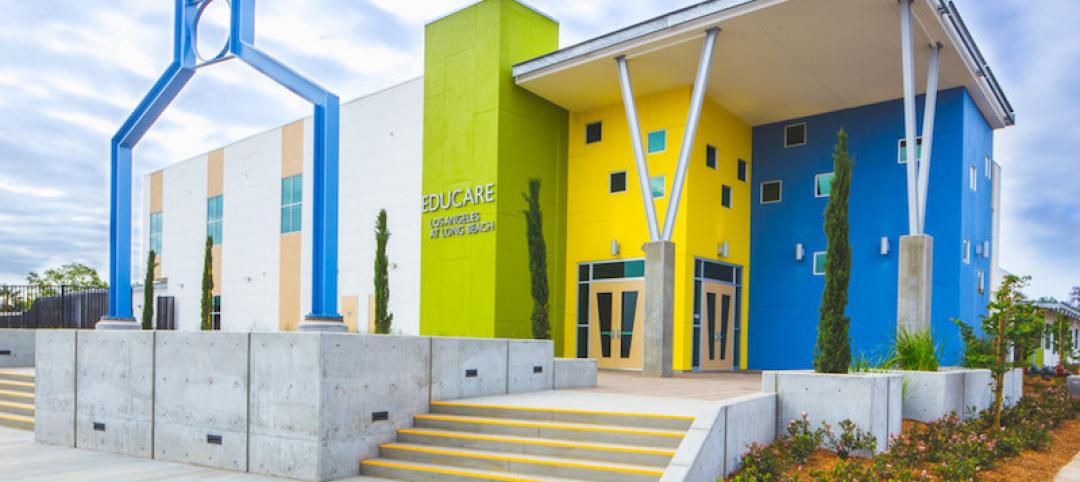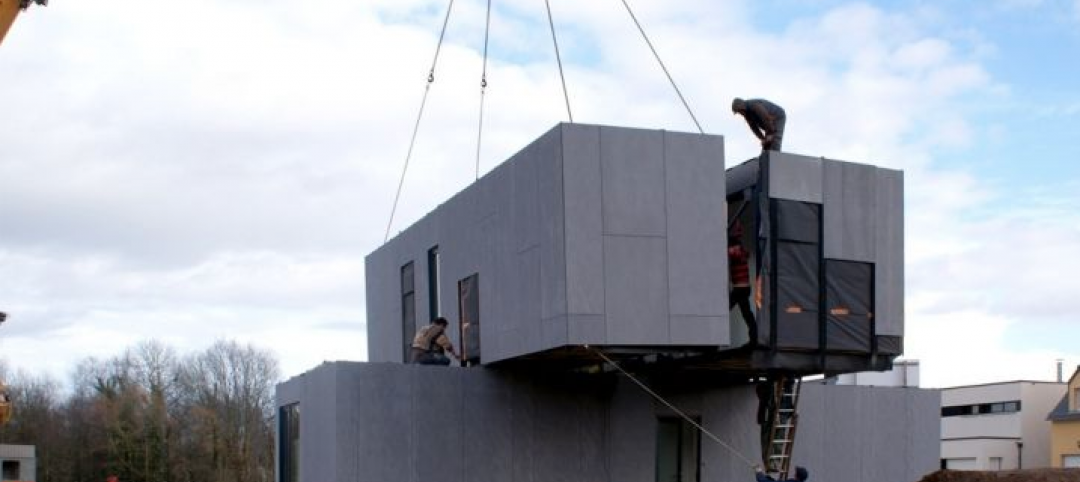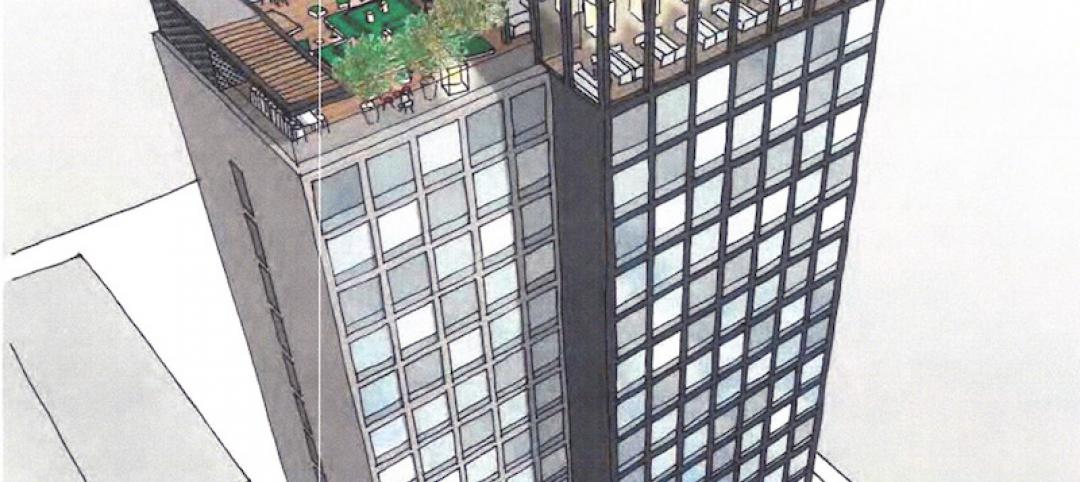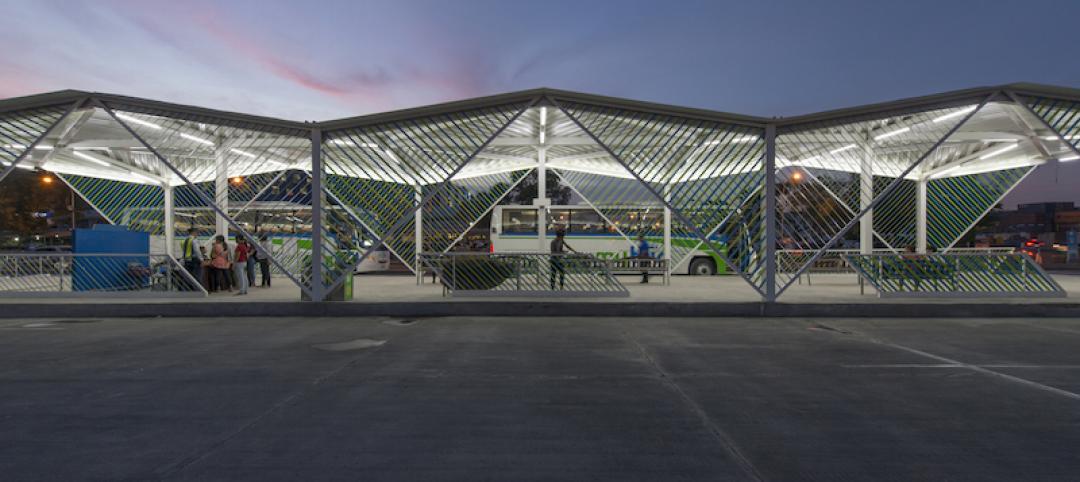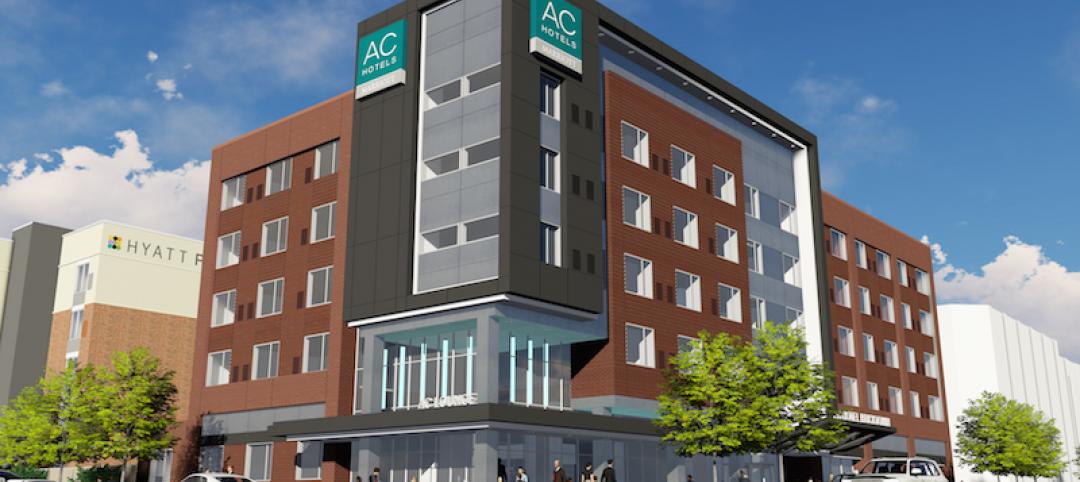More than a half-million Americans are homeless, according to estimates by the World Population Review, which cites the lack of affordable housing among the main causes.
Some advocates for the unhoused contend that this estimate vastly undercounts the actual number. Even in Vermont, with one of the lowest homeless rates in the nation, the problem is escalating. In Burlington, its largest city, the number of homeless went from 261 in 2020 to 700 in 2021, and has stayed elevated, according to the city’s estimates. One in 10 of Burlington’s homeless population is subsisting on the streets.
In December 2021, Burlington’s Mayor Miro Weinberger issued a five-year, 10-point action plan to address his city’s homeless crisis. Among those points was a call to build 30 shelter pods and related infrastructure. Two months later, the city council allocated $1.5 million in American Rescue Plan Act money to pay for the pods, plus additional funding for a community resource center.
In January 2023, Burlington’s Emergency Shelter Community, located on what once was a 0.55-acre municipal parking lot, was preparing to open. The community consists of 25 64-sf shelter pods produced and assembled by Pallet Inc. of Everett, Wash. Five more shelters are provided by a local manufacturer, Up End This, which developed its pods in coordination with the city.
Each “sleeping cabin,” which accommodates one or two people, includes a locking door, fold-up bunk, shelving, lighting, and heating. The shelters provided by Up End This include a desk and chair, and air conditioning. (While it’s not part of the Burlington project, Pallet also makes a 100-sf model that can accommodate up to four unhoused or displaced people.)
Burlington’s shelter village is supported by community spaces supplied by KBS Builders, a Maine-based modular builder. One building contains six full bathrooms, and the other offices, a kitchen, laundry, a gathering/eating area, and space for services. Samantha Dunn, the city’s Community Works Assistant Director, tells BD+C that the two community buildings are designed to meet high-performance energy standards, thanks in part to a donation of a minotaur unit that provides heating, cooling, and ventilation in the bathrooms; and the addition of solar panels provided by Harvestar with funding from the Vermont Low Energy Trust for Electricity. The buildings will be net-energy positive.
The city paid Pallet $11,800 per shelter, which included a cold-weather upgrade, shipping, and assembly services. Pallet’s claim to fame is that it can assemble a shelter in less than one hour.
Pallet Inc.'s modular pods for the homeless
Founded in 2016, Pallet is an offshoot of the green construction company Square Peg Fabrication, also in Everett, and was started by Amy and Brady King. As a Public Benefit Corporation, Pallet uses its profits to expand the impact of its twofold mission: to end homelessness, and to help the homeless find employment with Pallet, which hires people who are engaged in recovery—more than half of its employees have experienced homelessness, substance abuse, or the criminal justice system.
Since its founding, Pallet has delivered 2,800 shelter pods in 16 states and 60-plus cities. In the last week of December 2022, it was scheduled to start its 100th project, a 40-plus-pod village in the state of Washington that Pallet would assemble in two days, says Katya Hill, Pallet’s Director of Marketing and Communication.
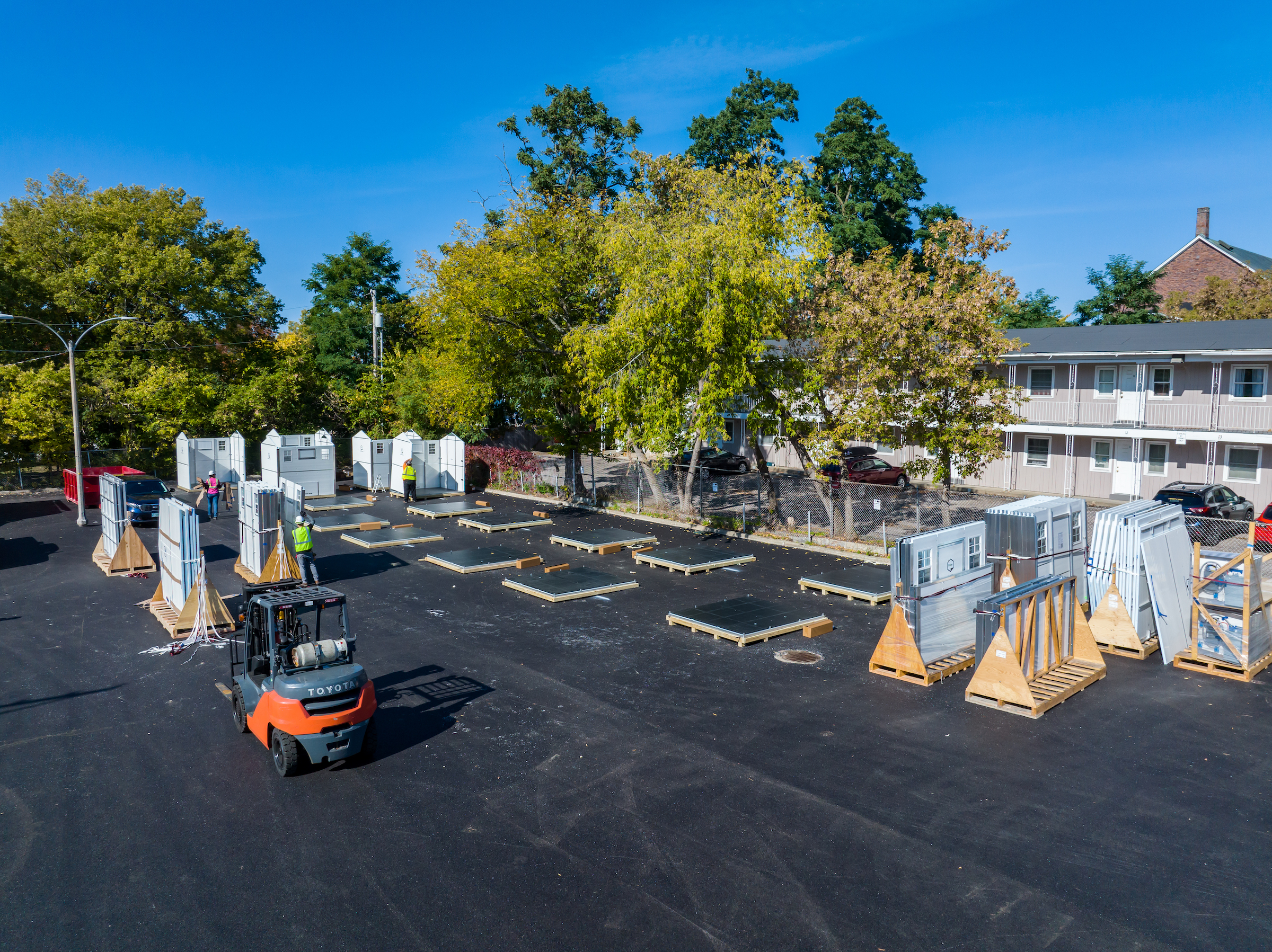
Hill tells BD+C that Pallet views homelessness as more of a social dilemma than a housing shortage problem. She also points out that Pallet is selling shelters, not homes. The shelters, she explains, “are part of a transition, a journey” that ideally leads to some semblance of economic, familial, and mental stability as steps toward permanent housing.
What Burlington is opening, says Dunn, is temporary emergency shelter, which will be operated by a team from Champlain Housing Trust. Per zoning requirements, guests can reside in a shelter for up to 180 days, with the option for a 60-day extension. As part of its action plan to combat homelessness, Burlington has executed memoranda of understanding with the Champlain Valley Office of Economic Opportunity’s CORA team, Turning Point Center of Chittenden County, Community Health Centers of Burlington, and Vermonters for Criminal Justice Reform for onsite services and support. The city continues to work with other nonprofits and faith-based groups to provide basic need items to shelter residents. And it has executed a contract with CVOEO for site-based navigation and service coordination.
Dunn says the city has designed and permitted this site to be in place for three years.
There are always displaced to be sheltered
This year, Pallet—which already enforces what HIll calls “dignity standards” that require its customers to purchase at least five shelters, and provide villages with lighting, security, and social services—will be promoting and pushing its “advisory services” to support the transition from shelters to permanent housing, including food, clothing, transportation, healthcare, and job placement.
Hill acknowledges that Pallet’s mission to end homelessness might sound “grandiose” to some. But she insists that Pallet’s founders would like nothing better than for their company to be put out of business because homelessness became a thing of the past.
That doesn’t mean, however, that the need for shelters would end. Hill points to the millions of people around the world who are displaced by natural disasters, war, and other unexpected events, and who need immediate and safe shelter, as well as medical, food and educational services, until their circumstances are mitigated. Bridging that gap with rapid-response solutions will continue to fuel Pallet’s purpose, says Hill.
Related Stories
Modular Building | Aug 6, 2018
More contractors are turning to offsite production for speed and quality
Skender launches an advanced manufacturing division. Katerra ups its bet on modular. Prefabrication comes to the rescue on multiple projects.
Modular Building | Aug 2, 2018
Educare Center in Long Beach uses modular construction to cut costs without sacrificing space or amenities
Dougherty was the Architect-of-Record.
Modular Building | Jul 23, 2018
Offsite construction: Why it’s important for the survival of your firm
The industry is approaching its “heart attack moment,” with so many large projects that are chronically late, over budget, and unprofitable, writes FMI Capital Advisors’ Michael Swistun.
| May 30, 2018
Accelerate Live! talk: An AEC giant’s roadmap for integrating design, manufacturing, and construction
In this 15-minute talk at BD+C’s Accelerate Live! conference (May 10, 2018, Chicago), Skender CEO Mark Skender and Chief Design Officer Tim Swanson present the construction giant’s vision for creating a manufacturing-minded, vertically-integrated design-manufacturing-build business model.
| May 30, 2018
Accelerate Live! talk: From micro schools to tiny houses: What’s driving the downsizing economy?
In this 15-minute talk at BD+C’s Accelerate Live! conference (May 10, 2018, Chicago), micro-buildings design expert Aeron Hodges, AIA, explores the key drivers of the micro-buildings movement, and how the trend is spreading into a wide variety of building typologies.
Modular Building | Jan 12, 2017
The largest modular construction hotel project in New York City is starting to get pieced together
The hotel’s 300 rooms are made from 210 prefabricated pods from Polcom Modular.
Building Materials | Jan 9, 2017
Architects and researchers are developing new techniques for building in space
As setting foot on Mars becomes a more realistic goal, the search for how to best develop Architecture for the Red Planet is heating up.
Modular Building | Jul 22, 2016
PNC Bank’s 'Tiny Branch' opens on West Virginia University campus
The new branch doesn’t need much space for its ATM and new accounts and personal loans services.
Transit Facilities | Jun 12, 2016
Philippines’ oldest city getting its first public bus system
New York-based CAZA designed the modular bus stops with the city’s extreme weather conditions in mind.
Modular Building | May 17, 2016
Oklahoma’s first modular hotel will begin construction next month
Guerdon Modular Buildings will produce 81 modules for this project.


